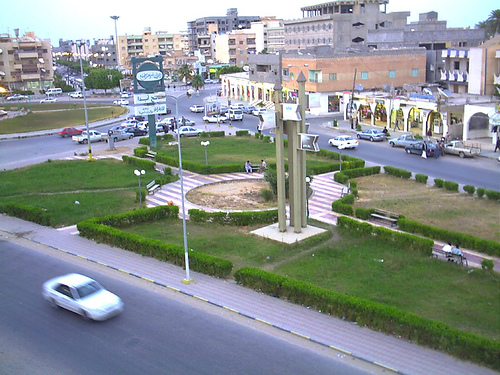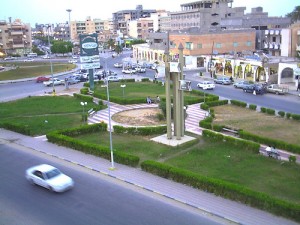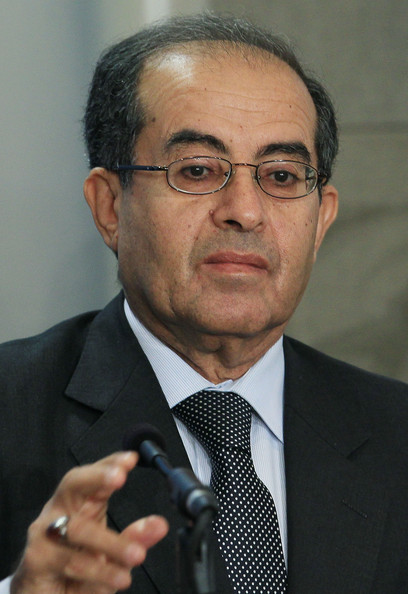By Ahmed A. . . .[restrict]Elbakoush
Zliten, 16 February:
The city of Zliten is these days bustling with media and cultural activities. A number of newspapers and radio stations were established after the city was liberated from the grip of the Qaddafi regime. The moment the city breathed freedom, pens were unleashed to express their feelings and write about their conditions in the time of freedom.
The media have focused on the internal affairs of the city in particular and of the entire nation in general. The newspapers are circulated in and outside the city.
There are now more than 15 of them, including Biladi (My Country), Sada Zliten (Echo of Zliten), Al-Raqeem, Sanabil Fabrair, Al-Manbar Al-Hur (Free Forum), Al-Siraj, Al-Yanboua (Spring), Al-Bayan, Al-Bidaya (Beginning), Al-Maarifa (Knowledge) and Al-Amn Al-Watani (National Security).
Some of these newspapers are specializing in certain areas the, such the economy, politics or social and medical new). Some of them are published privately, others by the local authorities. For instance, Al-Amn Al-Watani is issued by the National Security, Al-Maarifa by the city’s education authorities and Sada Zliten by the information department.
Biladi is privately owned. It issued its first four editions before the revolution. The staff were secretly producing and distributing the newspaper. When the city joined the revolution on February 18 last year, one of its founders, Mohammed Bashir Benisha, was arrested. He was later killed in the massacre of Al-Yarmouk camp in Tripoli.
After liberation, the radio station Free Zliten was established. Its programmes were designed to attract people in various age groups. It discusses the concerns and the daily needs of the city. Before the revolution, there was no radio station in the city.
The city also now has its first theatrical group consisting of talented people in various age groups. Through its theatre, the city hosts a number of literary activities, festivals, seminars and other events.
Zliten is the fifth largest city in Libya in population number of more than 200,000. As elsewhere in Libya, it has a number of gifted individuals who were were kept in the dark during Qaddafi’s regime.
[/restrict]










